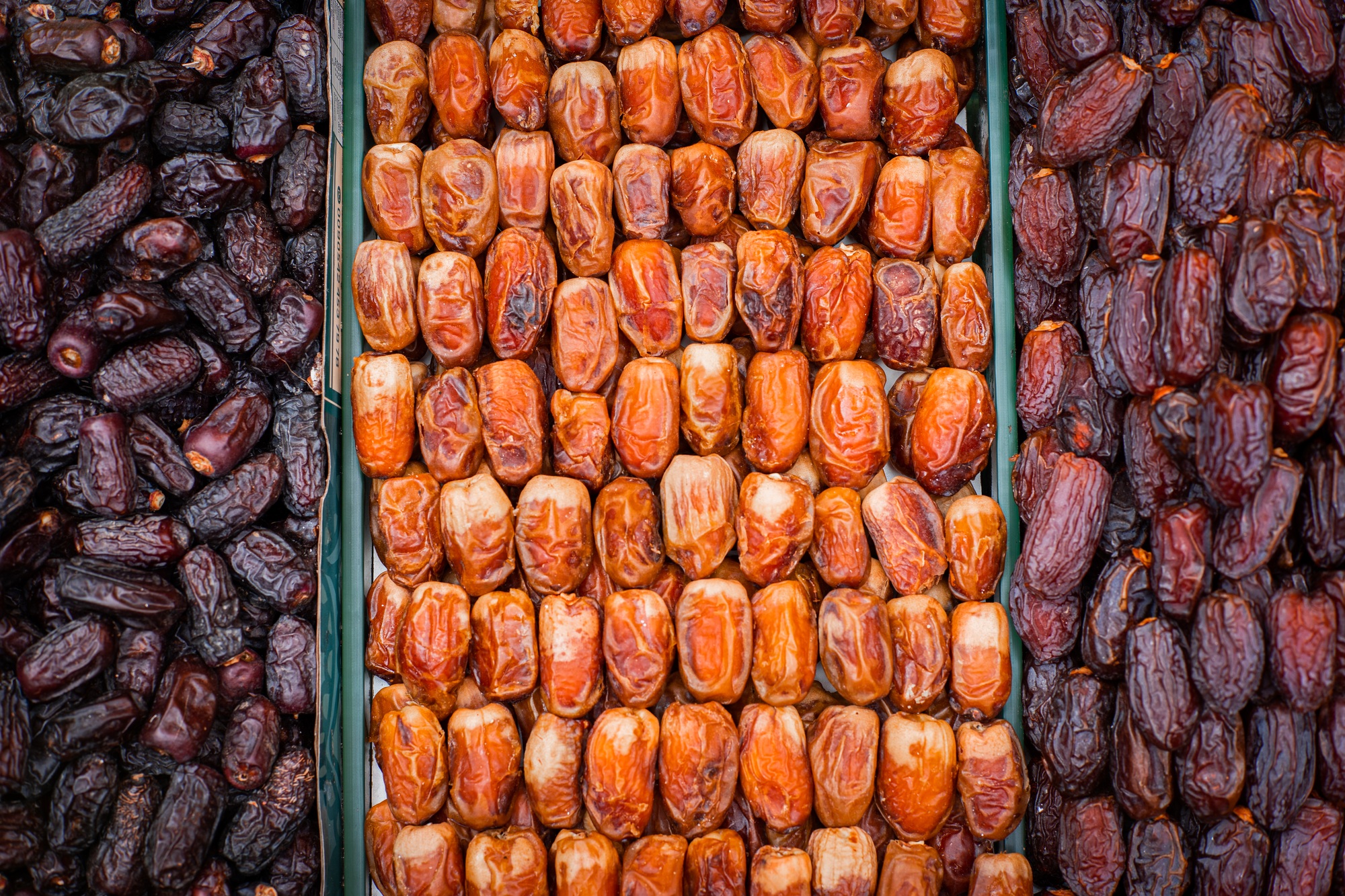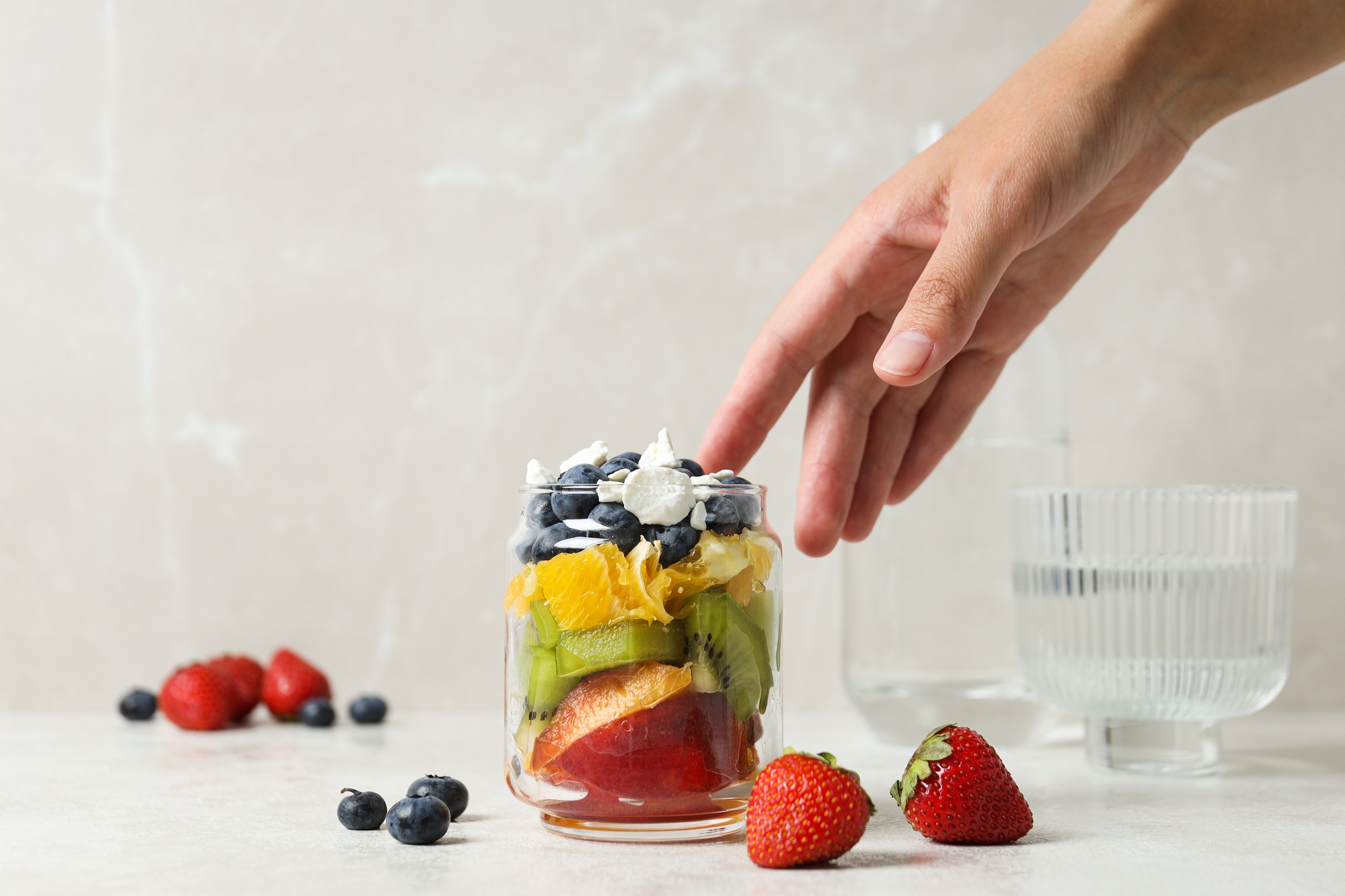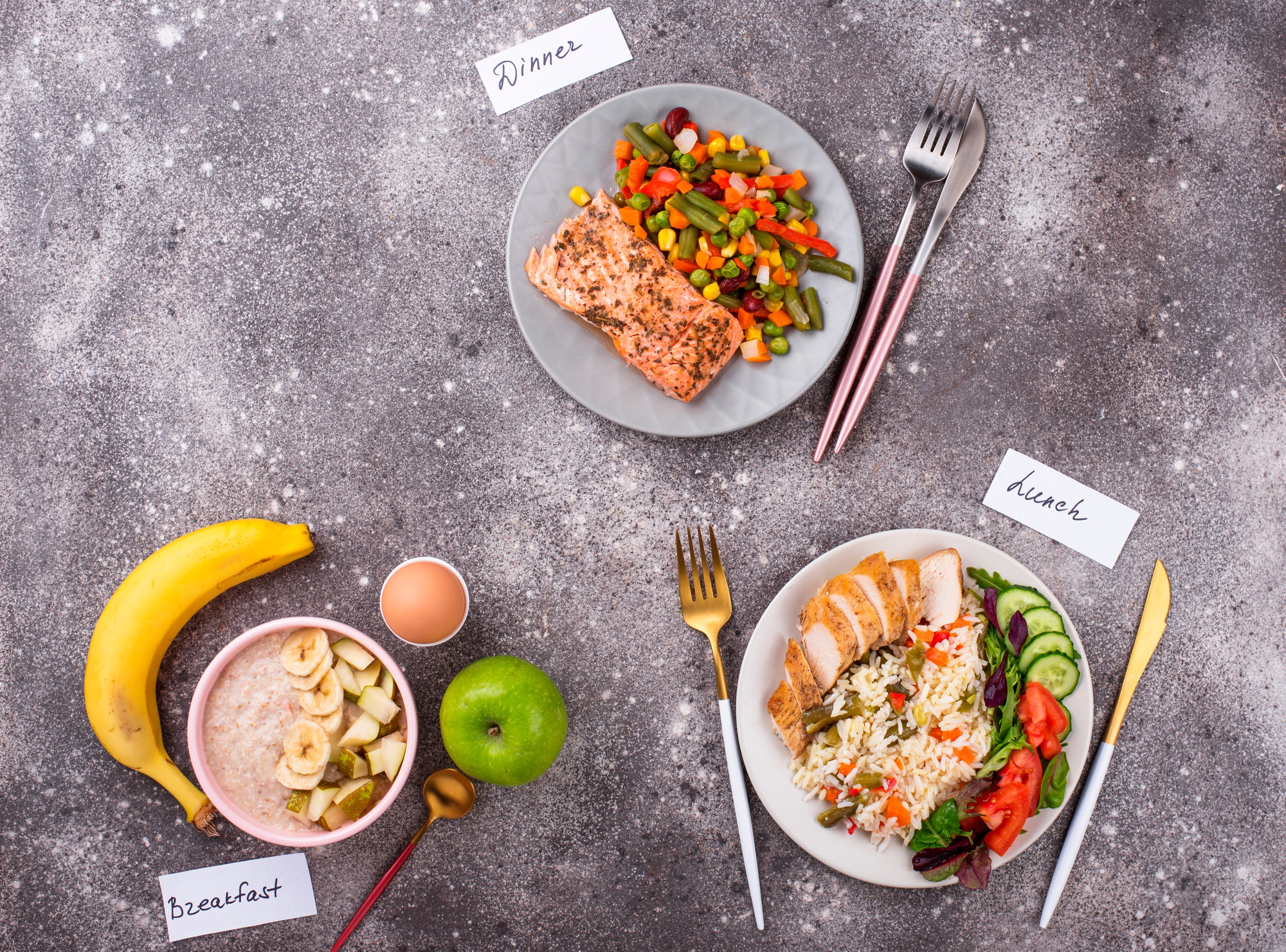January 21, 2025
For Muslims, prayer (Salah) is more than a ritual—it’s a vital connection with Allah that requires focus, presence, and sincerity. However, how many of us have experienced a wandering mind during Salah? Perhaps you’re distracted by fatigue, sluggishness, or even a racing heart. While spiritual remedies like Dhikr and mindfulness can help, there’s another often-overlooked factor: nutrition. What you eat significantly impacts your mental clarity, energy, and focus during prayer.
Let’s explore how a balanced diet enhances mental clarity and how to structure your meals for optimal spiritual and physical well-being.

1. The Link Between Food and Focus
Our brains are energy-intensive organs, consuming up to 20% of our daily calorie intake. The type of food we consume directly affects brain function, impacting concentration, memory, and alertness. Foods high in sugar, unhealthy fats, or lacking essential nutrients can lead to mental fog, making it harder to focus during prayer.
Key Impact of Nutrition on Prayer:
- Blood Sugar Spikes: Consuming sugary snacks before Salah can cause a short-term energy boost followed by a sharp drop, leading to lethargy.
- Inflammation: Processed foods can increase inflammation in the body, which might lead to brain fog and reduced focus.
- Hydration: Dehydration can cause fatigue, headaches, and difficulty concentrating.
2. Foods That Boost Mental Clarity
To maintain focus and presence in Salah, your diet should include foods that support sustained energy and cognitive function.
Brain-Boosting Foods:
- Dates: Following the Sunnah, dates are an excellent pre-prayer snack. They provide natural sugars for quick energy and are rich in potassium and magnesium.
- Nuts and Seeds: Almonds, walnuts, and flaxseeds contain omega-3 fatty acids, which improve brain function and reduce inflammation.
- Leafy Greens: Spinach, kale, and other greens are packed with vitamins like B9 (folate), essential for mental clarity.
- Whole Grains: Foods like oats, quinoa, and brown rice release energy slowly, ensuring sustained focus throughout the day.
- Fish: Fatty fish such as salmon and sardines are rich in omega-3 fatty acids, which promote concentration and memory.
- Berries: Blueberries and strawberries are loaded with antioxidants that protect brain cells and enhance mental function.

3. Avoiding Foods That Hamper Concentration
While some foods are beneficial for mental clarity, others can work against you. Limit these foods to avoid post-meal sluggishness or restlessness during prayer.
Foods to Avoid:
- Refined Sugars: Cakes, candies, and sweetened drinks can lead to energy crashes.
- Processed Foods: Packaged snacks, chips, and fast food may cause inflammation and impair brain function.
- Caffeine Overload: While a small amount of coffee or tea can improve focus, overconsumption might lead to jitteriness and difficulty concentrating.
- High-Fat Meals: Greasy or fried foods take longer to digest, leaving you feeling heavy and tired.
4. Meal Timing for Optimal Focus
When you eat is just as important as what you eat. Proper meal timing ensures that your body has the energy it needs for each Salah.
Meal Timing Tips:
- Before Fajr: Start your day with a light, nourishing meal, such as oatmeal with fruit or a smoothie. Avoid heavy or fried foods that can cause discomfort during early prayers.
- Pre-Dhuhr: Choose a balanced lunch with a mix of protein, complex carbs, and healthy fats to sustain energy throughout the afternoon.
- Asr and Maghrib: Keep meals light before these prayers to avoid lethargy. Opt for fruits, yogurt, or nuts.
- Isha: A small, protein-rich snack after Isha can help with nighttime recovery without disrupting your sleep.
During Ramadan:
Nutrition becomes even more critical. Focus on nutrient-dense meals during Suhoor and Iftar, such as dates, lean proteins, and vegetables, to maintain energy levels for prayer and fasting.

5. The Role of Hydration
Dehydration can lead to headaches, fatigue, and difficulty concentrating—making it harder to connect during prayer. Ensure you’re drinking enough water throughout the day, especially if you live in a dry or hot climate.
Hydration Tips:
- Drink a glass of water before each prayer to stay hydrated and refreshed.
- Limit caffeinated beverages, as they can lead to dehydration.
- Incorporate water-rich foods like cucumbers, watermelon, and oranges into your diet.
6. Sunnah Practices and Nutrition
The Prophet Muhammad (ﷺ) emphasized moderation and balance in eating, saying:
“A human being fills no worse vessel than his stomach. It is sufficient for a human being to eat a few morsels to keep his spine straight. But if he must [fill it], then one-third for his food, one-third for his drink, and one-third for air.” (Tirmidhi)
Sunnah-Inspired Tips:
- Eat Mindfully: Avoid overeating, as it can lead to sluggishness during prayer.
- Follow the Sunnah Foods: Include foods like barley, dates, and honey in your diet for their nutritional and spiritual benefits.
7. Creating a Balanced Meal Plan
To achieve mental clarity during prayer, structure your meals to provide steady energy throughout the day. Here’s a sample day of balanced eating:
Sample Meal Plan:
- Breakfast (Pre-Fajr): Oatmeal topped with dates and walnuts, plus a glass of water.
- Mid-Morning Snack: A handful of almonds and an apple.
- Lunch (Pre-Dhuhr): Grilled chicken with quinoa and steamed vegetables.
- Afternoon Snack (Pre-Asr): Greek yogurt with a drizzle of honey and a few berries.
- Dinner (Post-Maghrib): Baked salmon with sweet potato and spinach.
- Night Snack (Post-Isha): A banana with a small spoonful of peanut butter.
8. Dua and Gratitude for Food
It’s essential to remember the spiritual connection with food. Reciting the appropriate duas before and after eating instills gratitude and mindfulness, enhancing both the physical and spiritual benefits of your meals.
“O Allah! Bless us in what You have provided us and protect us from the punishment of the Fire.” (Tirmidhi)
Final Thoughts
A balanced diet is not just about physical health—it’s a means to strengthen your spiritual practices. By nourishing your body with wholesome foods and maintaining proper hydration, you can achieve greater mental clarity, energy, and focus during Salah.
Take the time to assess your eating habits and make small, consistent changes. Remember, our body is an amanah (trust) from Allah, and taking care of it is a form of worship.
May Allah guide us to take care of our health and bless our efforts in Salah with unwavering focus and presence.



